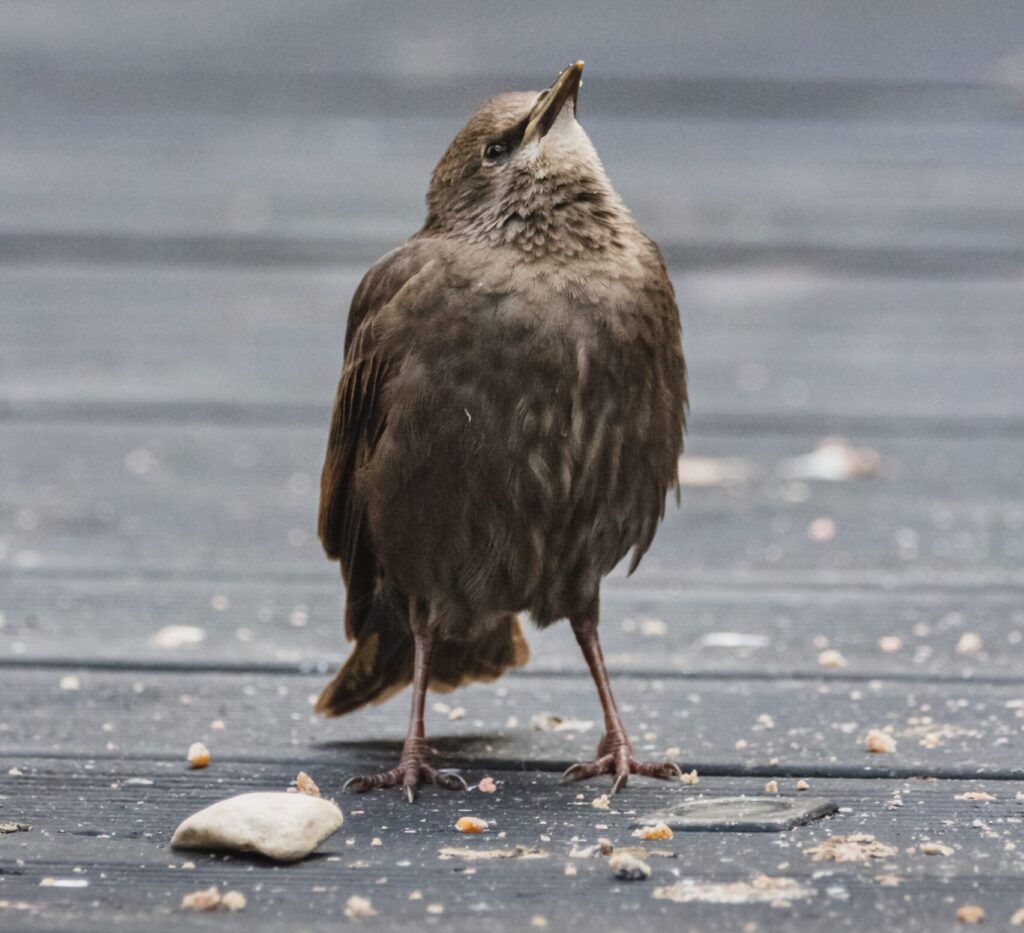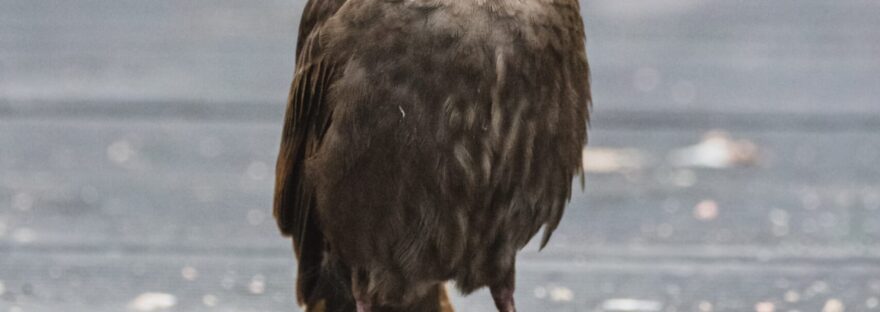If you find a wild bird can you keep it? The answer isn’t clear cut and various regulations apply. However, generally it would be better to hand the bird over to a vet, or an experienced wildlife rescue group, who have the skills, equipment and funds to care for and rehabilitate the birds, often in a group of the same species.

All the information provided in this article is in line with current government legislation and advice by Natural England (April 2021). In Great Britain all naturally occurring wild birds, or captive bred birds released as part of a re-population program, their nests and eggs are protected under the Wildlife and Countryside Act 1981, which was established to prohibit certain methods of killing or taking wild animals.
It is an offence to intentionally
- Kill, injures or takes any wild bird from its natural habitat.
- Take, damage or destroy the nest of a wild bird included in schedule ZA1 (birds which re-use their nest).
- Take, damages or destroy the nest of any wild bird while it is in use or being built.
- Take or destroys an egg of any wild bird.
It is also illegal to be in the possession of
- Any live or dead wild bird.*
- Any part of, or anything derived from a wild bird.*
- An egg of a wild bird or any part of an egg (unless they can prove it was collected pre-September 1982).
*There are some exceptions, where lawful killing or taking of wild birds can occur, under General Licenses 40,41 and 42. These licenses allow an individual to carry out activities in relation to certain species of wild birds for the purposes of: conserving endangered wild birds; preserving public health and safety; or preventing serious damage to livestock, foodstuffs for livestock, crops, vegetables, fruit, fisheries or inland waters.
Keeping a wild, unwell or disabled bird (temporary & permanent)
If you find an injured wild bird and intend to care for it yourself, you should be aware that there are regulations which must be followed such as:
- Be able to prove that the wild bird was injured (other than by your own hands) and that the sole purpose of keeping the bird is to rehabilitate and release it back into the wild. Valid records should be kept stating it has been legally taken from the wild in conjunction with General Licenses 40, 41 or 42.
- All captive held wild birds should legally be kept in an enclosure of sufficient spacing to allow the bird to spread its wings freely unless undergoing veterinary treatment or being transported.
- Prove everything possible has been done to release the bird back into the wild including providing appropriate veterinary treatment, keep it in a suitable enclosure and caring for it in such a way so that it can fend for itself when released.
- In circumstance where the bird is unfit to be released back into the wild a statement from a vet that has the relevant experience must be obtained to state why the bird is unfit for release.
- Register any Schedule 4 birds (birds of prey) with Animal Health immediately and ensure the bird is passed on to a licensed person(s) who is legally allowed to keep such a bird, under the terms of a General License.
However, there are some wild birds (such as the non-native Indian Ring Neck Parakeets which it is illegal to release back into the wild. Wildlife rescues often have suitable aviaries where these birds can live out their lives with others from the same species.
Requirements for keeping a Captive Bred ‘Wild Bird’
If you intend to keep a captive bred ‘wild bird’, such as a parrot you should check the legal status prior to obtaining it. They should be accompanied by documentation of proof of captive breeding and, in some cases be fitted with an identification ring.
For a full list of the legal status of all birds in the schedules and other common British species refer to The Status of Birds in Britain and Ireland, with updated reports published by the BOU Journal.
At the present time, no specific license is required unless the bird is listed under:
- Annex IV(a) of the EC Habitats Directive
- Classed as a European Protected Species
- Listed on schedule 5 of the Wildlife and Countryside Act (WCA)
- Classed as a dangerous wild animal (ostrich and cassowary)
- Classed as a destructive imported animal
- Listed on CITES (Convention on the International Trade in Endangered Species
Remember
- Unless stated otherwise in relevant legislation, you do not need a license to own a wild bird. However, you must be able to prove it was obtained legally, otherwise you will be prosecuted.
- While caring for a wild bird you must meet the birds welfare needs and not cause any unnecessary suffering, otherwise you will be prosecuted.
- Only buy a captive bred ‘wild bird’ from a reputable source that is able to produce the correct paperwork and has adhered to the terms and conditions of General Licensing.
Contact
For all enquires regarding the killing, taking, rehabilitation or capture of wild birds contact either Natural England (NE) or the Welsh Assembly Government (WAG).
NE: 0300 060 3900
WAG: 0300 060 3300 (English) or 0300 060 4400 (Welsh)
For General Licencing regarding birds go to https://www.gov.uk/government/collections/bird-licences
Further reading
https://www.legislation.gov.uk/ukpga/1981/69
https://www.gov.uk/government/collections/bird-licences

